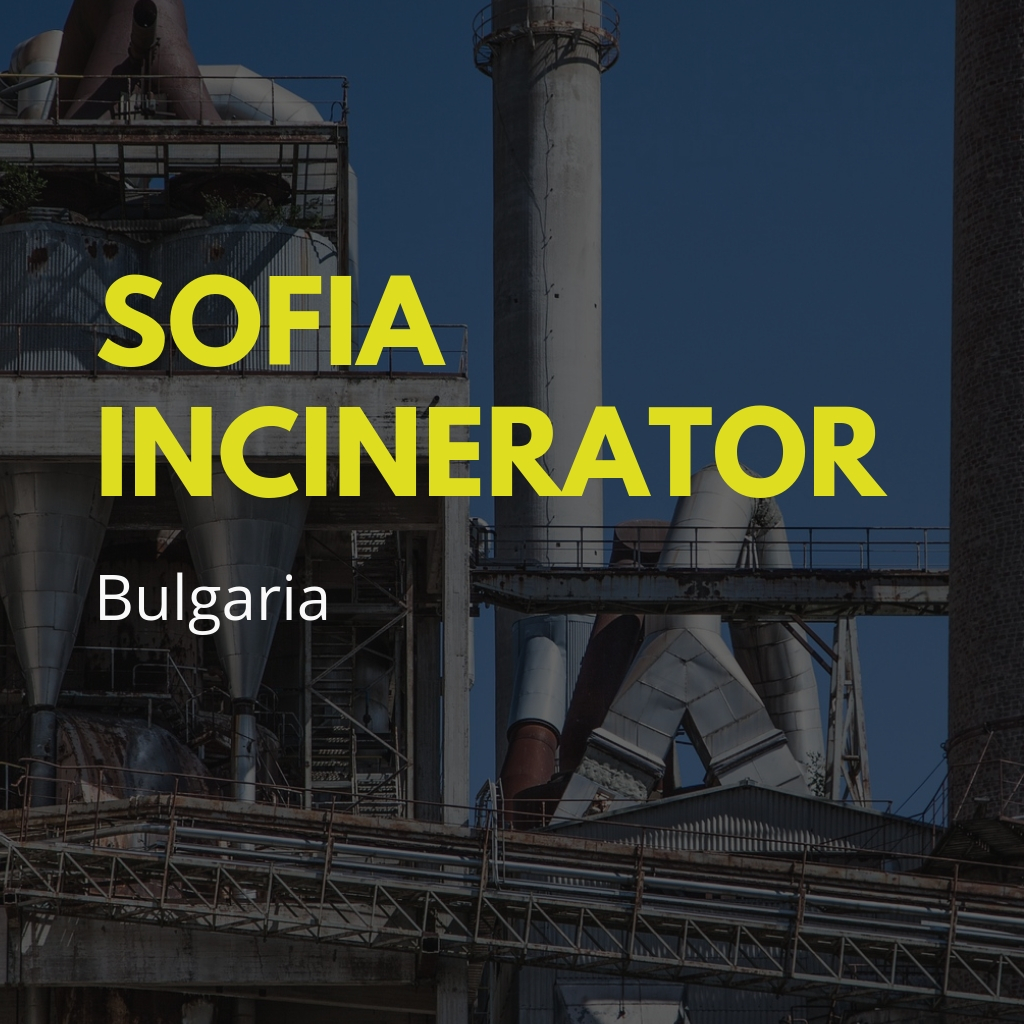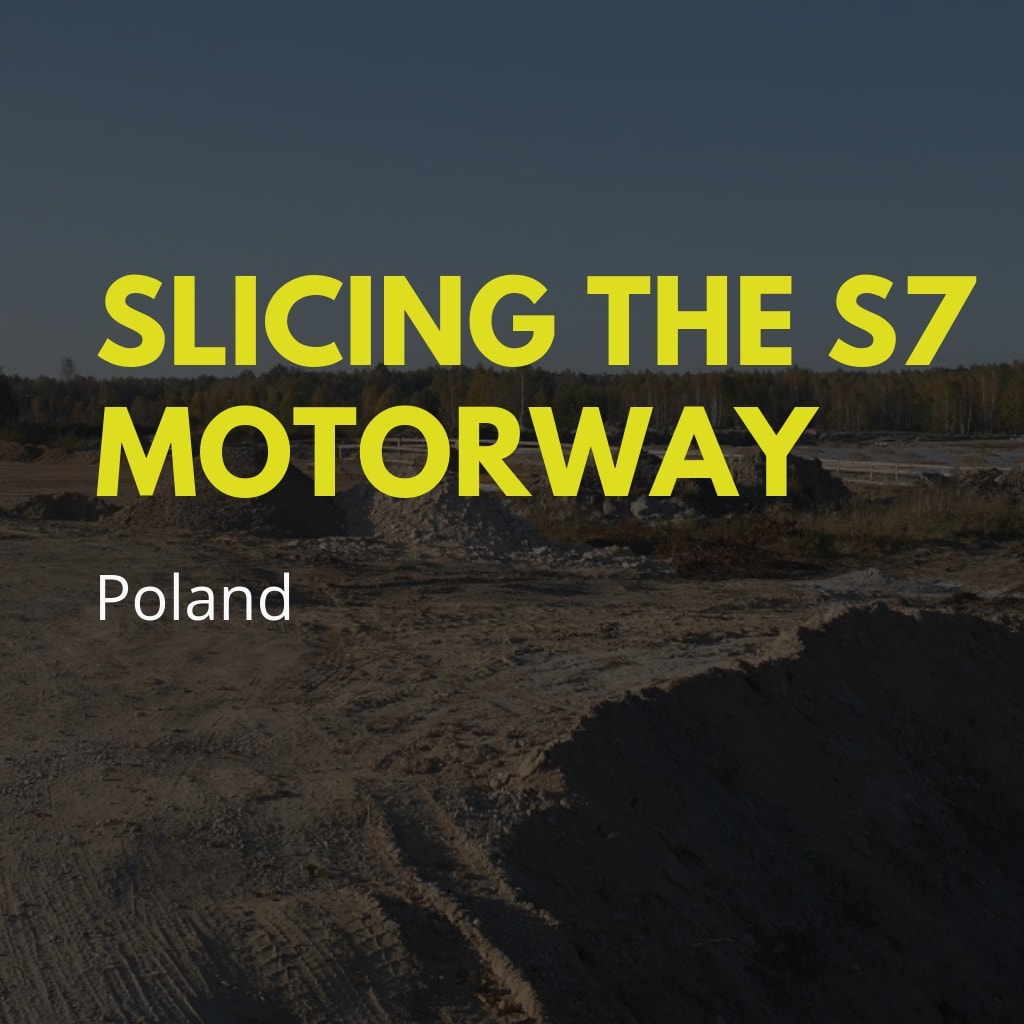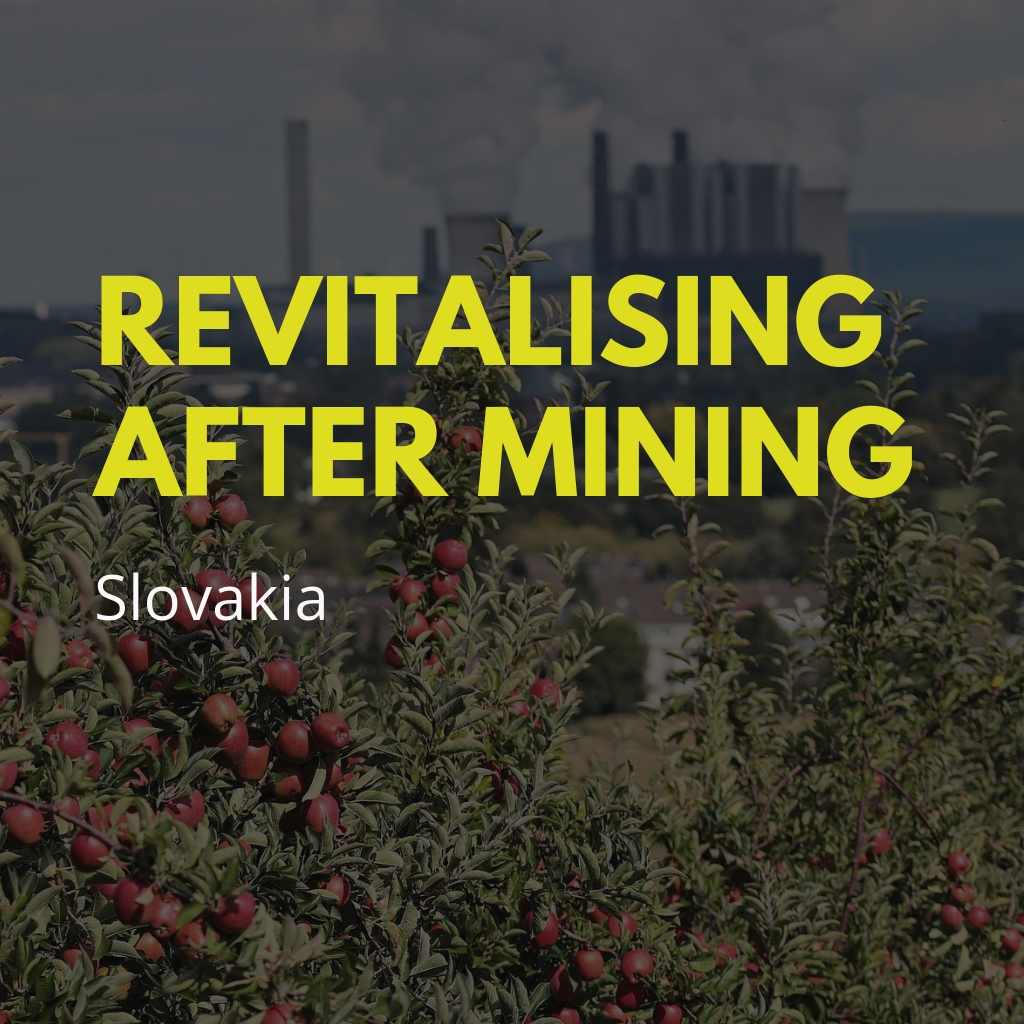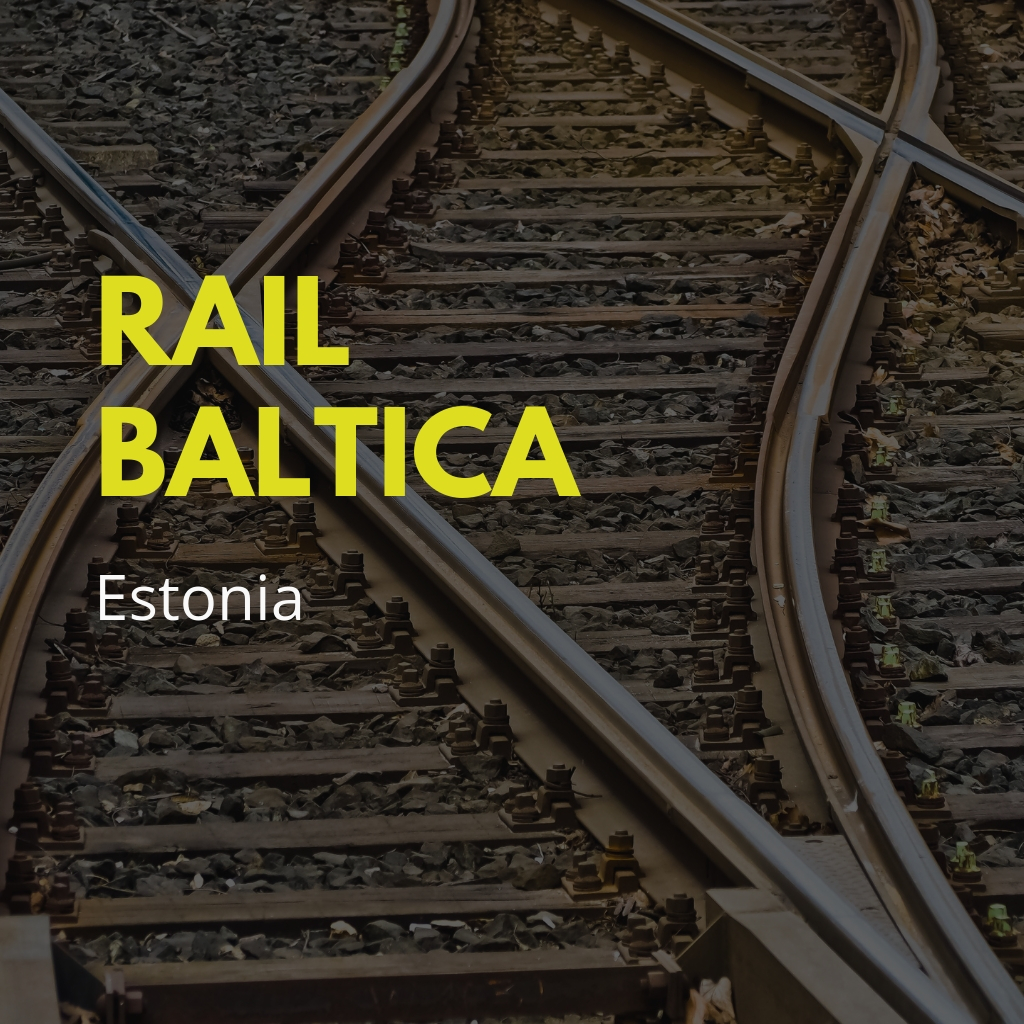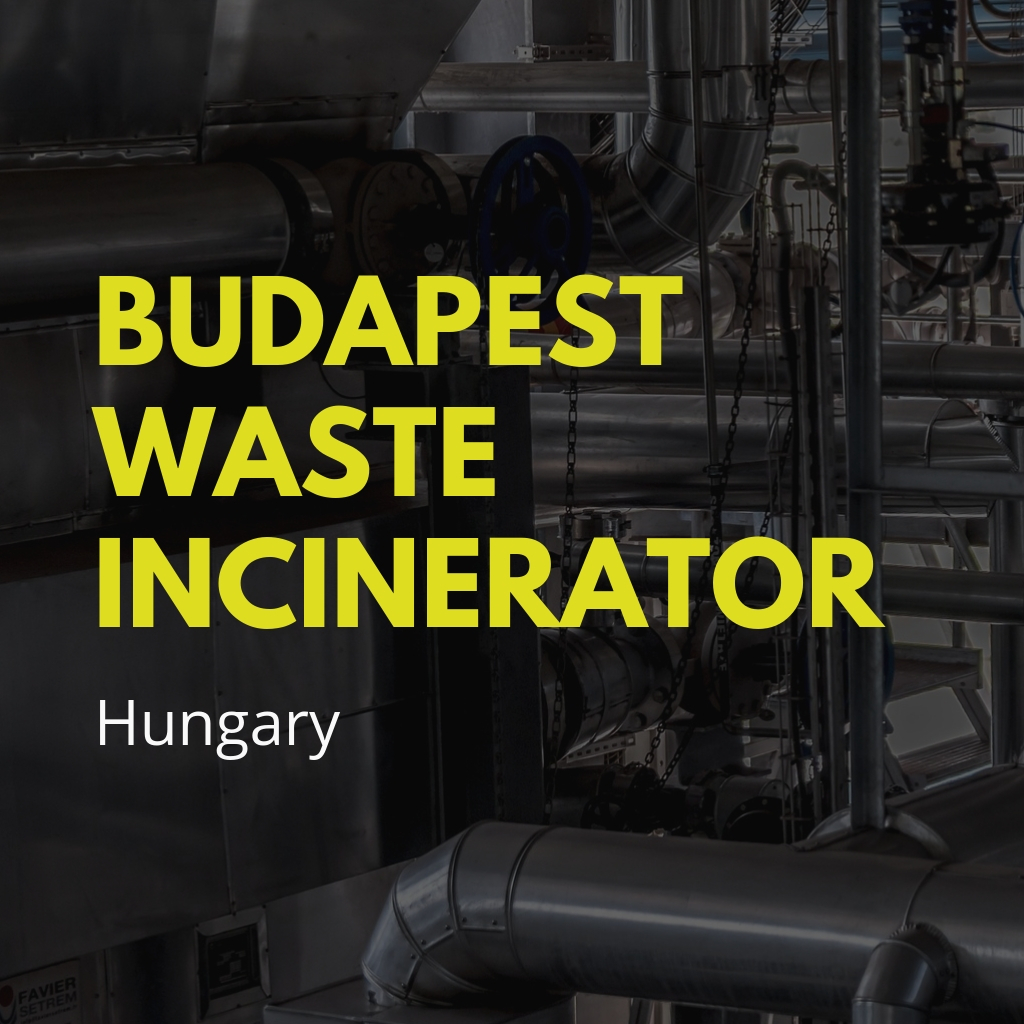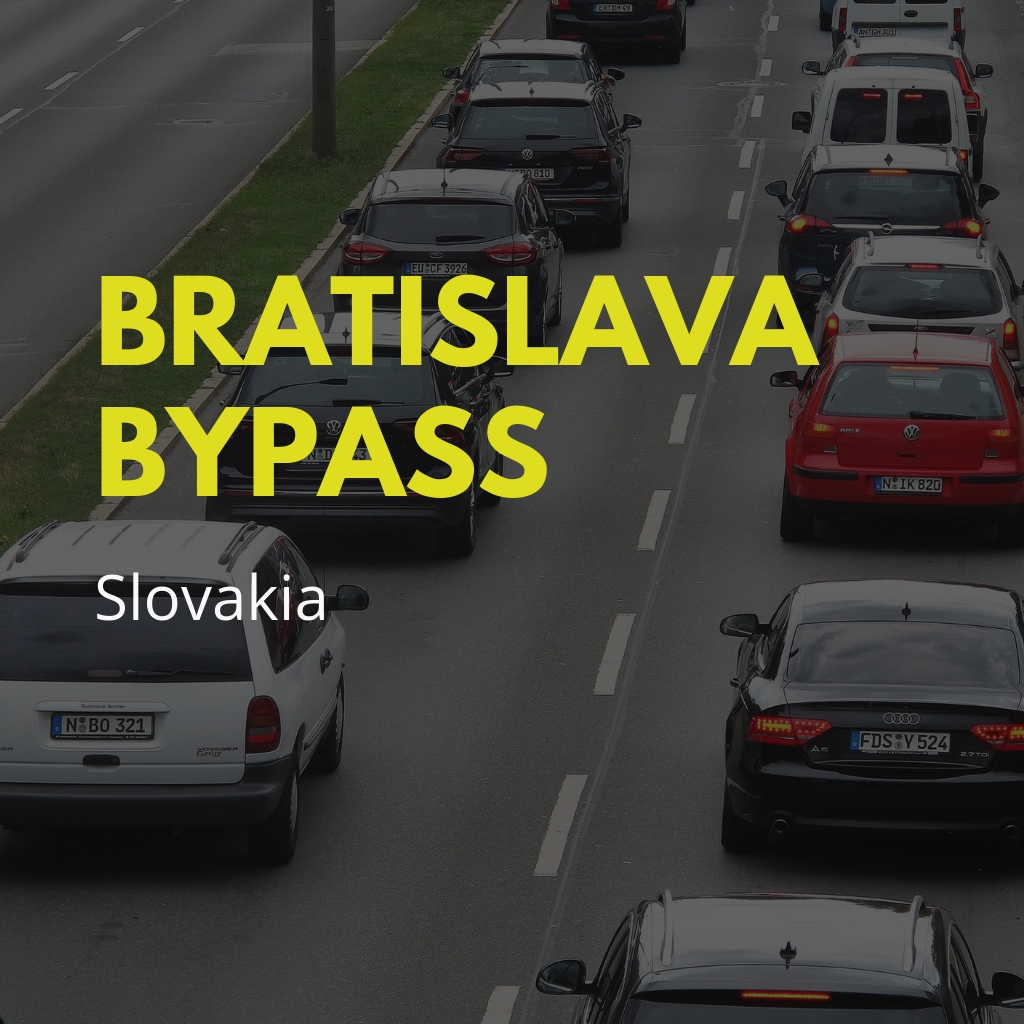Struma motorway
Country: Bulgaria
Total project costs: above EUR 1.2 billion
The Struma motorway is tragically emblematic of an EU funded-project that has wrought havoc on European biodiversity and the wishes of local communities. In spite two decades of protest by civil society and citizens, the Struma motorway section of the Trans European Corridor N4 between Sofia and Athens is planned directly through the Kresna gorge, a Natura 2000 site and home to 35 rare European biodiversity habitats and 92 rare species.
Construction is now approaching the NATURA 2000 site, which has already been significantly impacted by increased traffic on the nearly completed motorway. In recent years, populations of protected bat species have decreased by 92 per cent, protected tortoises and snakes by 60 per cent and all vertebrates by 84 per cent.
Following recommendations from the European Commission and the Bern Convention for the Protection of European Wildlife, the Bulgarian government initially agreed to bypass the Kresna gorge. In 2017 however the Bulgarian government decided to extend the southbound routing of the motorway through the Kresna gorge alongside the existing E79 route, calling it a compromise to enable a speedier and more economical completion of the motorway.
Yet according to our analyses, the costs of construction of this ‘version’ will be the same – if not more – than if the motorway was constructed entirely outside the gorge. This is because our calculations include more than just the construction costs of the project, but also the economic opportunities resulting from lost livelihoods of local farmers whose lands in the area of Kresna will be appropriated and destroyed, and as well as costs to tourism like rafting, which is a key contributor to the economic activity of Kresna.

In response to the government’s decisions, more than 160 000 citizens across Europe signed a petition calling for EU law for the protection of nature to be respected respected and the pristine valley of Kresna Gorge in Bulgaria saved from destruction. Civil society in Bulgaria has now exhausted all possible legal means to challenge the government’s decision.
In 2017 and 2018 the Bulgarian government and parliament changed laws and rules restricting democratic civil rights in the country to allow special “fast-track approval” of strategic projects like the Struma Motorway. An appeal to Bulgaria’s national court about an unlawful environmental impact assessment procedure for the project was closed in a hurry, and failed to give the right of affected citizens and civils society to appeal to the Supreme Court as the project is considered to be of “national strategic importance”.
A civil society complaint about infringement of the EU’s Habitats and Birds Directives was lodged on 12 July 2017, but the Directorate for Environment responded that the complaint will be reviewed only once Bulgaria asks for the tranche for that section. Meanwhile the Commission continues to finance the rest of the motorway without any conditions for the protection of EU biodiversity, disbursing in 2017 EUR 330 million. The European Investment Bank also lent EUR 57 million for the motorway.
The case points to substantial loopholes in the management of EU funds, which do not guarantee the implementation of binding requirements with “the aim of preserving, protecting and improving the quality of the environment”
The European Commission, and specifically the Directorate for Regional Policy, did not undertake the necessary measures to prevent the destruction of this Natura 2000 site and did not ensure that the construction of the motorway will satisfy international and local mobility needs in a sustainable and timely manner.
The Commission now must ensure the the bypass of the gorge is feasible and the rights of citizens to take part in decision-making process on environment are respected.

